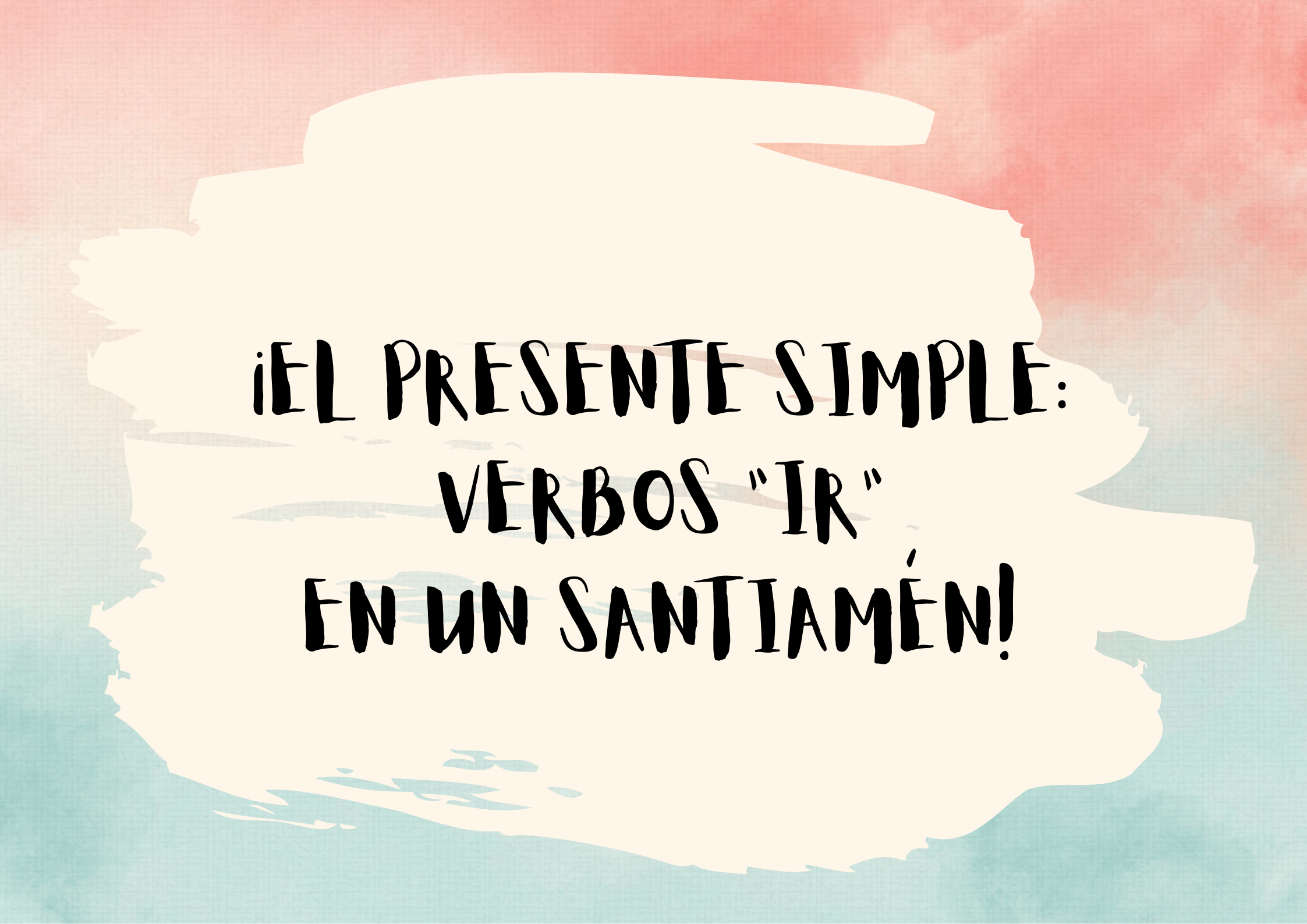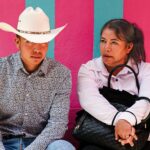
Hey, did you know that some verbs in the simple present undergo a thrilling transformation? In all forms except for nosotros/nosotras (and also vos and vosotros/vosotras), the last vowel in the stem changes from o to ue.
For example, let’s take the verb poder (to be able):
Listen to Mariana, a voice from Spain, as she reads aloud the conjugation of the verb poder (to be able), which follows this pattern.
| Person | Conjugation |
|---|---|
| yo | puedo |
| tú | puedes |
| usted | puede |
| él ella | puede |
| nosotros nosotras | podemos |
| ustedes | pueden |
| ellos ellas | pueden |
| vos | podés |
| vosotros vosotras | podéis |
Let’s Learn Some of Them:
Get ready to hear Facundo, a voice from Argentina, reading out a bunch of verbs that follow this pattern:
| # | Español | English |
|---|---|---|
| 1 | almorzar | to have lunch |
| 2 | contar | to tell/to count |
| 3 | costar | to cost |
| 4 | devolver | to return (an item) |
| 5 | encontrar | to find |
| 6 | envolver | to wrap |
| 7 | dormir | to sleep |
| 8 | morir | to die |
| 9 | mostrar | to show |
| 10 | mover | to move |
| 11 | poder | to be able to/can |
| 12 | recordar | to remember |
| 13 | volver | to return (to a place) |
The Verb “Jugar” (To Play)
The verb jugar (which means to play [a game]) has a little trick to it. When you use it in the simple present, the letter u in the root changes to ue:
| Person | Conjugation |
|---|---|
| yo | juego |
| tú | juegas |
| usted | juega |
| él ella | juega |
| nosotros nosotras | jugamos |
| ustedes | juegan |
| ellos ellas | juegan |
| vos | jugás |
| vosotros vosotras | jugáis |
And now, let’s play this game!
Of course, if you’d like, I can send more exercises to our shared Google Doc!




